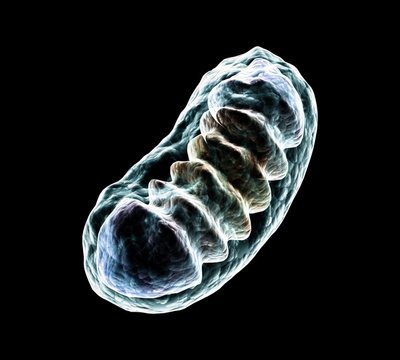Scientists at the Max Planck Institute have made a remarkable discovery about a type of yeast that can rejuvenate with every cell division, making it theoretically immortal. The researchers found that the yeast Schizosaccharomyces can reverse the ageing process by binding damaged components to the cell membrane and nucleus, leaving one half of the cell with older and defective material, and the other half with fully functional material. This means that the yeast can produce offspring that are younger than their parents, just like humans. The researchers also found that the yeast can resist ageing under favourable conditions, but when exposed to stress factors such as toxic chemicals or heat, it divides into an older and a younger cell, like other living organisms.
The theoretical immortality of the yeast makes it an interesting subject for further study, as it could help scientists learn more about the ageing process of cells. For example, human germ, stem, and cancer cells do not age at all. The researchers at the Max Planck Institute hope that their findings will lead to a better understanding of how cells age and how to prevent or reverse the process.
The discovery of the yeast’s ability to rejuvenate with every cell division challenges the conventional wisdom that all living organisms age and eventually die. The researchers believe that their findings could have significant implications for the field of biology and could lead to new treatments for age-related diseases. The study also highlights the importance of studying simple organisms like yeast to gain insights into complex biological processes.










